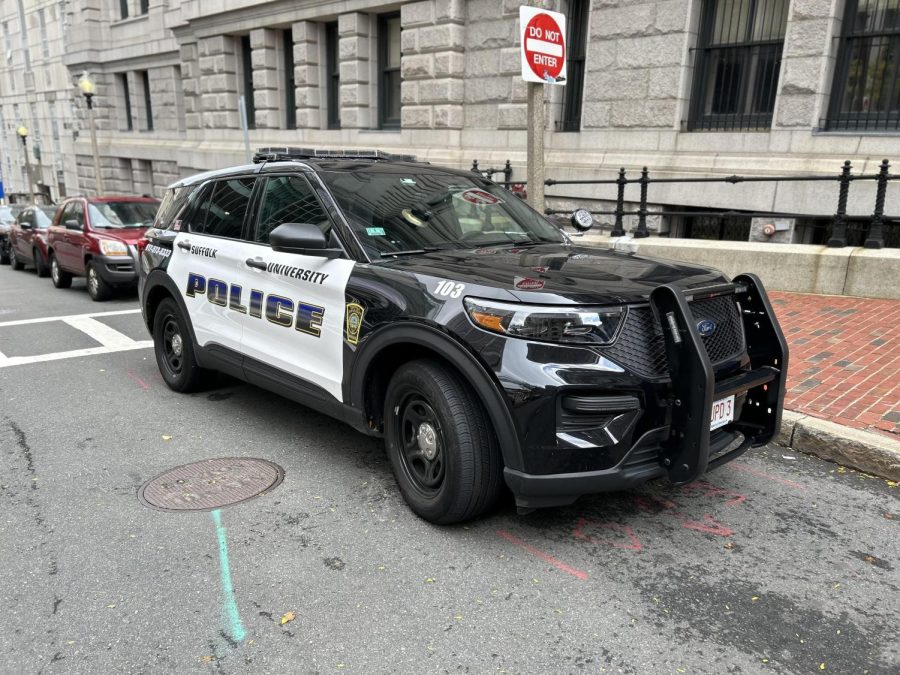Content Warning: contains mentions of sexual violence
The Suffolk University Police Department released their 2022 Clery Act Report on Sept. 30, which reported safety and crime statistics over the past three years from 2019 to 2021.
The report lists instances of crimes occurring in the categories of homicide, sexual assault, domestic violence, dating violence, stalking, robbery, aggravated assault, burglary, motor vehicle theft, arson, illegal weapons possessions, drug violations and liquor law violations.
This annual release of data is the result of the Jeanne Clery Act, a law enacted in 1990 requiring any university which receives federal funding to release a public annual security report to all students and employees on or prior to Oct. 1.
The report began with an introductory message from interim SUPD Chief James Connolly who said the purpose of the report is to “inform the Suffolk University community and to ensure that its members are aware of the safety issues that affect our urban campus.”
Interim SUPD Captain Gerard Colletta explained how it is decided whether or not to include a crime in the report.
“We look at the cases and decide was it, number one, one of the crimes that was recorded in the report, number two was it in our geography,” he said.
He went on to describe what our geography is, defining it as “in any of our buildings, on campus in any campus buildings or any of the public areas near or adjacent to our buildings.”
This year the report listed 4 instances of sexual assault, which included 3 rapes, 5 instances of aggravated assault, 4 drug law violations resulting in arrest, 19 drug law violations resulting in referrals to campus conduct services, and 107 liquor law violations resulting in referrals.
According to the report rapes increased by 1 compared with 2019 while cases of dating violence, and stalking both decreased by 1. Additionally cases of robbery decreased by 2 but cases of aggravated assault increased by 5 compared to 2019.
When asked how the determination between an arrest and a referral is made, Colletta described it as a case-by-case basis.
“If it were a particularly egregious violation, such as a large quantity of a more serious drug where the officer formed the opinion or had cause to believe the person was dealing for instance that would result in an arrest,” he said.
He additionally said that based on his recollection, the four arrests listed in the report for drug law violations were not made by SUPD officers, but rather instead by other law enforcement agencies.
When asked about the cases of sexual assault listed in the report Colletta declined to comment on specific SUPD involvement saying only that they were reported and handled either by the SUPD or the Title IX office.
*Note: 2019 statistics used in this article for comparison rather than 2020 due to pandemic related statistical irregularities.




















